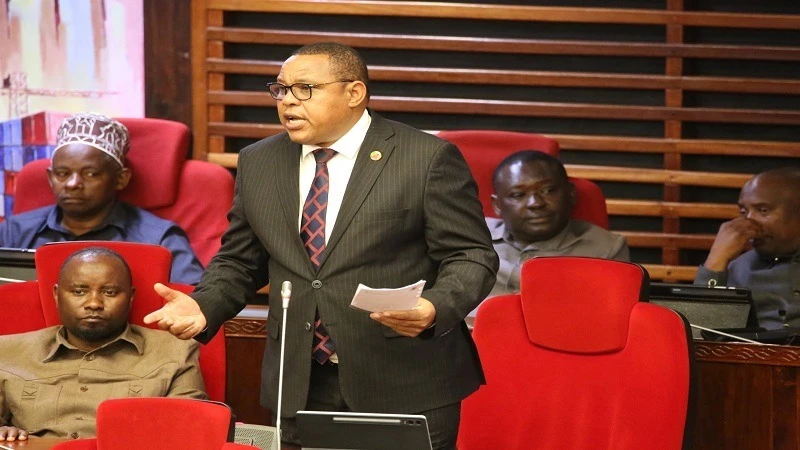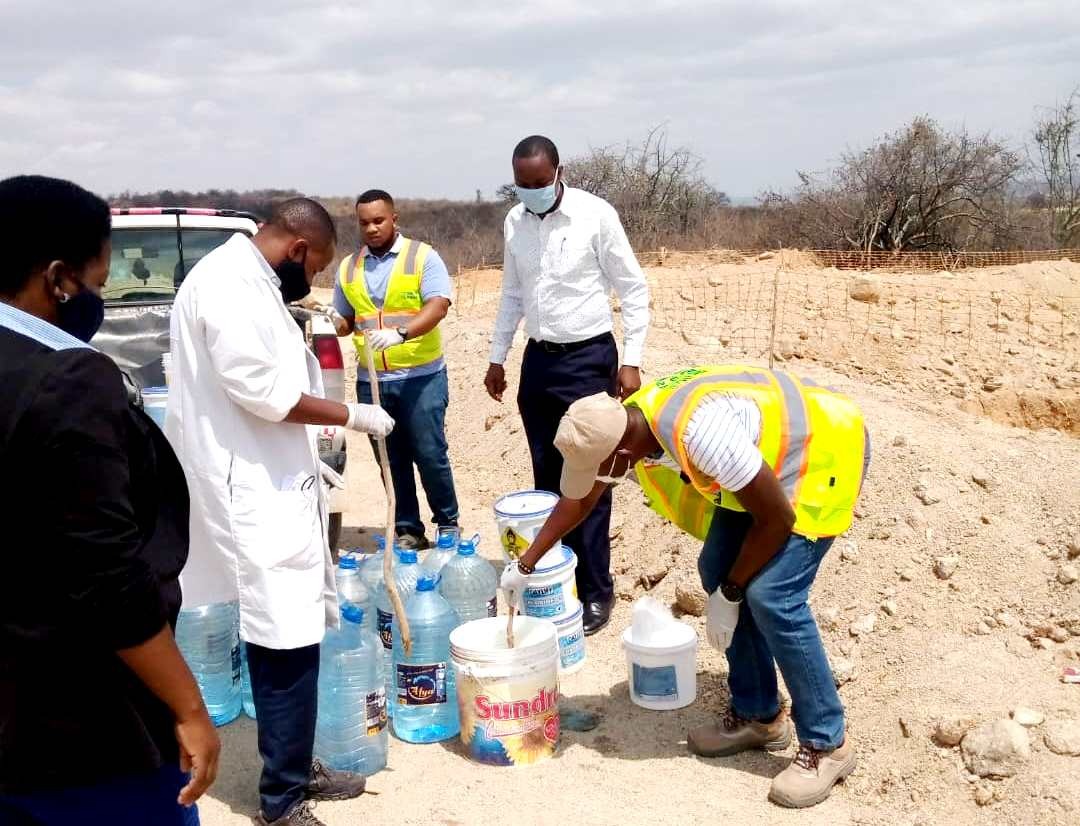Key sectors for Nigeria’s economy in 2025

Afrinvest’s Nigeria Economic and Financial Market Review of 2024 and 2025 Outlook has projected that six major sectors are poised to boost the Nigerian economy this year.
LAGOS
The firm, which is involved in investment banking, securities trading, asset management, trust services, consultancy, and technology forecast a modest recovery in 2025, supported by stabilising inflation and improved global demand, amid persistent risks from geopolitical tensions and climate change.
According to the report “Beyond the Rhetorics: Transforming Reforms to Tangibles,” the sectors that will aid Nigeria’s economic growth are agriculture, oil & gas, consumer goods, industrial goods, banking and telecommunication.
Afrinvest forecasts that Nigeria’s economic prospects will be largely hinge on the proposed tax reforms and effective implementation of the tax reforms would help unlock about N7.5 billion annually, which are essential for fiscal sustainability in 2025.
“The reforms would be pivotal to revitalising the currently challenged fiscal capacity evidenced by the jump in national debt-to-GDP ratio to N138 trillion and 58.3 percent in 11 months of 2024 from N97.3 trillion and 40.1 percent in 2023 respectively,” the report said.
It highlighted that the banking sector recapitalisation exercise remains vital to achieving Nigeria’s $1.0 trillion economy ambition by 2030.
“The positive spillovers from a successful banking sector recapitalisation in 2025 would include wealth and job creation across other sectors of the economy as well as the attraction of foreign capital to the economy,” the report added.
At the end, Nigerians would be keen to see the transformation of the several reform rhetorics of the government to tangible outcomes beginning in 2025 as further delay could be devastating.
Here are six key sectors that will drive Nigeria’s economic growth in 2025. The agriculture sector is positioned for a positive performance in 2025, anchored on the successful completion of strategic investments by major players in 2024, growing domestic and regional demand for output, and planned intervention by the Federal Government including tariff waiver on equipment importation.
Oil & Gas sector should remain upbeat despite expected moderation in global energy prices. Afrinvest expects the FX balance sheet and stimulating corporate activities to keep the narrative compelling around the sector.
The consumer goods sector’s near-term outlook remains cautiously optimistic with several domestic and global challenges likely to impact growth, inflationary pressures, FX volatility, and geographical factors are expected to continue influencing consumer spending patterns.
The industrial Goods sector outlook is positive, buoyed by an expectation that moderating inflationary and FX pressure should translate to firmer business performance, even as FG’s infrastructure investment remains supportive.
The banking sector outlook is largely positive as highlighted in our 2024 Banking Sector Report supported by expected ESP growth and balance sheet optimization. In 2025, Afrinvest expects banks to make significant progress from the recapitalisation exercise which would lead to positive investor sentiment in the sector supported by a much more stable regulatory environment.
The telecom sector is expected to remain under pressure from FX dynamics which will strain operational costs and profitability. However, strategies such as renegotiations of existing tower lease agreements and upward review of tariffs in Q1 2025 would aid telecom giants in combating the challenging environment.
Nigeria’s economy experienced a 3.01 percent increase in foreign exchange inflows, rising to $22.89 billion in Q3 2024 from $22.22 billion in the previous quarter, according to the latest Central Bank of Nigeria (CBN) Economic Report.
The report disclosed that inflows through the CBN surged by 39.63 percent, reaching $11.86 billion, up from $8.49 billion in Q2 2024 while autonomous sources witnessed a decline of 19.66 percent, dropping to $11.03 billion from $13.72 billion.
On the other hand, foreign exchange outflows also rose, rising by 15.18 percent to $8.43 billion. Outflows through the CBN grew significantly by 27.91 percent while those from autonomous sources fell by 30.06 percent.
It said the total FX outflow through the economy rose by 15 percent quarter-on-quarter and 4 percent year-on-year to $8.4 billion. Combined, the FX inflow and outflow resulted in a net inflow of $14.5 billion.
Analysts at FBNQuest Research Capital attribute this growth to the apex bank’s strategic interventions in the FX market aimed at alleviating demand pressures and bolstering liquidity.
“The uptick in FX inflows is largely credited to the CBN’s contractionary monetary policy, which continues to attract capital inflows from offshore investors. The bank’s hawkish stance, complemented by strategic FX supply management, has also helped curtail outflows, strengthening the financial system’s overall liquidity,’ it said.
During its most recent Monetary Policy Committee (MPC) meeting in November, the central bank implemented a 25 basis-point rate hike, raising the monetary policy rate to 25.70 percent.
The CBN’s monetary policies in recent years have aimed to balance inflation control with economic growth. However, external factors like global interest rates, geopolitical risks, and oil prices also significantly influence foreign inflows.
On the flip side, Nigeria’s gross official reserves increased from $446.9 million in October to $40.2 billion as of November 2024.
On a year-to-date basis, external reserves have increased by $7.9 billion, reflecting the positive impact of sustained FX inflows and effective reserve management strategies.
“Conversely, FX outflows through autonomous sources, which represent 13 percent of overall FX outflows, declined by -30 percent q/q to $1.1 billion
“Boosting foreign exchange inflows from sustainable sources is essential. This can be achieved through increased crude oil production while creating an environment that attracts foreign direct investment (FDI) and encourages diaspora remittances,” analysts at CSL Stockbrokers said.
“Diversifying the economy beyond oil revenues will also play a key role in reducing vulnerability to external shocks. Additionally, establishing a robust framework for managing foreign reserves is critical,” it added.
Top Headlines
© 2025 IPPMEDIA.COM. ALL RIGHTS RESERVED

























